FALLS CHURCH, Va. (AP) — A federal appeals court’s ruling last month about the admissions policy at an elite public high school in Virginia may provide a vehicle for the U.S. Supreme Court to flesh out the intended scope of its ruling Thursday banning affirmative action in college admissions.
The Thomas Jefferson High School for Science and Technology, outside the nation’s capital, routinely ranks as one of the best public schools in America; admission is highly competitive.
A coalition of parents, backed by a conservative legal foundation, filed a lawsuit in 2021 challenging the admissions policy at TJ, and the foundation is asking the Supreme Court to take up the case. The suit raises similar but not identical issues to those addressed by the high court’s ruling rejecting admissions policies at Harvard and the University of North Carolina as unconstitutional.
The colleges’ admissions rules took an applicant’s race into account as one of many factors to be considered. In the TJ case, though, all sides agree the admissions polices are race-neutral on their face.
But the coalition that filed the lawsuit says the admissions criteria amount to “race-based proxies” implemented to achieve racial balancing. They say the policy discriminates against Asian Americans, who had constituted 70% of the student body.
The coalition also cites the debate among Fairfax County School Board members when they implemented their new policy in 2020. Board members and administrators expressed frustration that Black and Hispanic students had been woefully underrepresented at TJ for decades. The coalition argues the new policies are intended to boost Black and Hispanic representation at the expense of Asians.
The first freshman class admitted under the new rules saw a significantly different racial makeup. Black students increased from 1% to 7%; Hispanic representation increased from 3% to 11%. Asian American representation decreased from 73% to 54%.
The new policies replaced a standardized test with a process that allocates a percentage of seats on a geographic basis and takes a student’s “experience factors” into account, like whether they come from a low-income household or speak English as a second language.
Last year, a federal judge found the admissions policy unconstitutional, saying “the discussion of admissions changes was infected with talk of racial balancing from its inception.”
But in May, the 4th U.S. Circuit Court of Appeals in Richmond reversed that ruling. In a 2-1 decision, the judges said the school board had a legitimate interest in increasing diversity and that labeling those efforts as discrimination against Asian Americans “simply runs counter to common sense.”
The Pacific Legal Foundation, which represents the parents claiming anti-Asian discrimination, is asking the U.S. Supreme Court to take the case.
“We think it presents a really strong vehicle and the time is right. And we’re certainly hopeful the court will take it up,” said Joshua Thompson, a senior attorney at the foundation.
Eugene Kontorovich, a law professor at George Mason University, said there will be years of follow-up cases to Thursday’s ruling, as is typical with major Supreme Court cases, as colleges drag their feet and look for ways to salvage policies to which they are ideologically committed.
He was less certain, though, that the TJ case will be significant. He said the debate over the constitutionality of TJ’s policies will be fact-intensive and center on what can be proved about the school board’s motivations in implementing the policy.
More likely, he said, is debate over how colleges use essay questions on topics like diversity to achieve the same results as the now-banned affirmative action programs.
Supreme Court Chief Justice John Roberts’ majority opinion left a little bit of wiggle room on that front when he wrote that colleges can consider an individual’s application essay and “how race affected his or her life, be it through discrimination, inspiration or otherwise.”
But Roberts also noted that colleges “may not simply establish through application essays or other means the regime we hold unlawful today.”
Kontorovich said colleges will ask essay questions about topics like diversity “that will give them the latitude to quietly take race into consideration in ways that will be more subtle.” Ultimately, though, he thinks the court, at least as it’s currently constituted, will reject those sorts of end-around attempts.
Fairfax County Public Schools said Friday it is reviewing the Supreme Court ruling.
Thompson said Pacific Legal expects to formally submit its petition to the Supreme Court in August and will likely know by the end of the year whether the case will be heard.

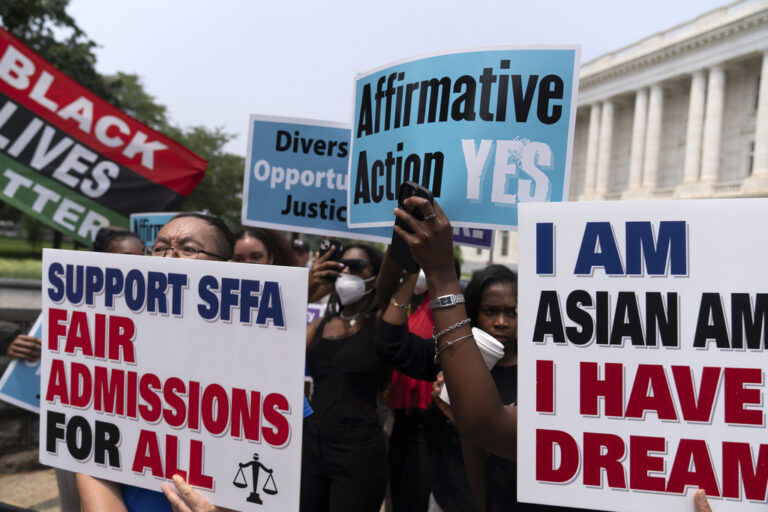
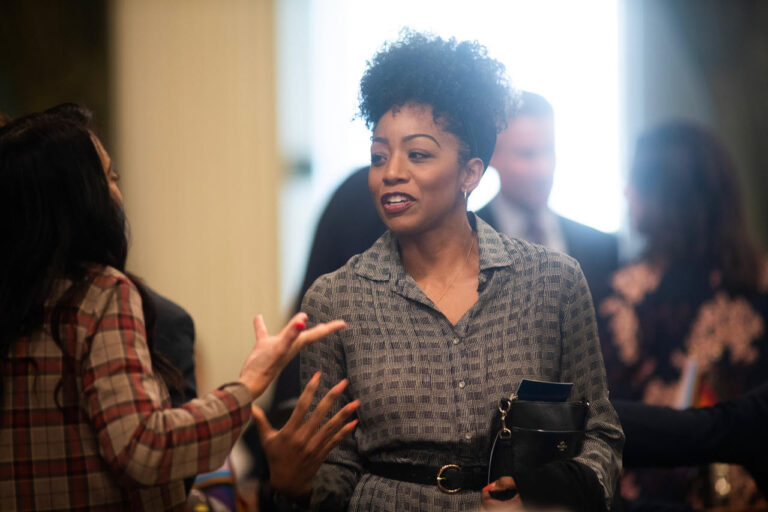


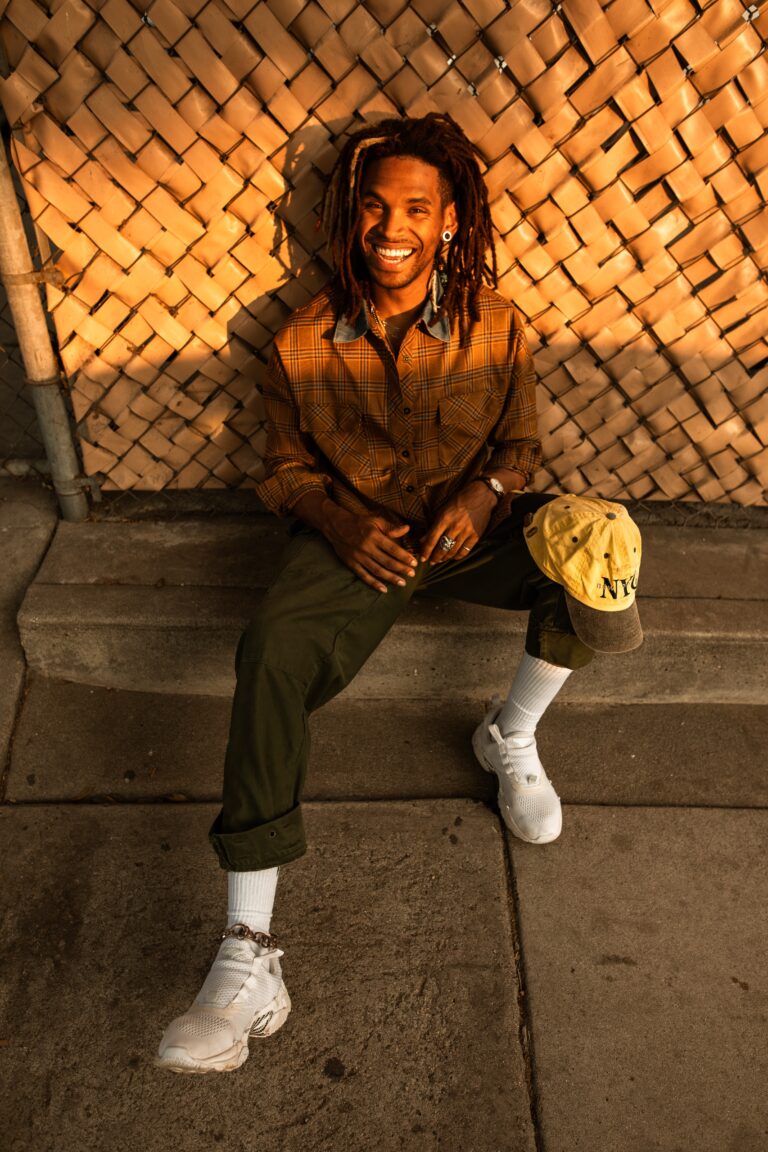
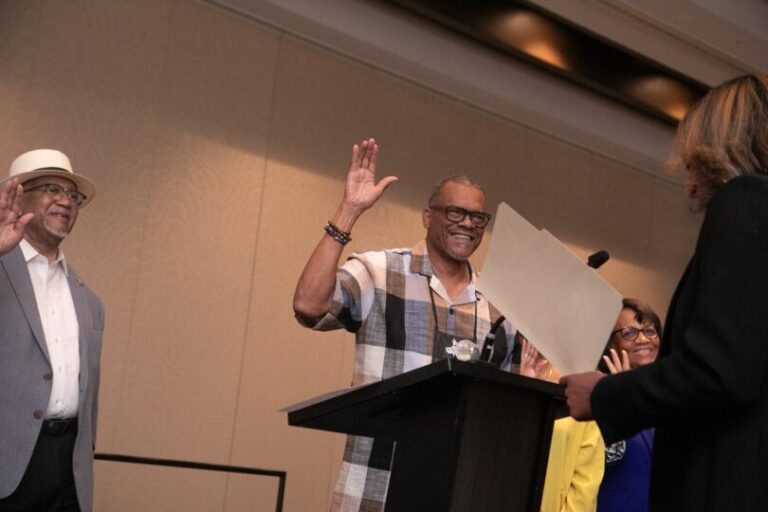
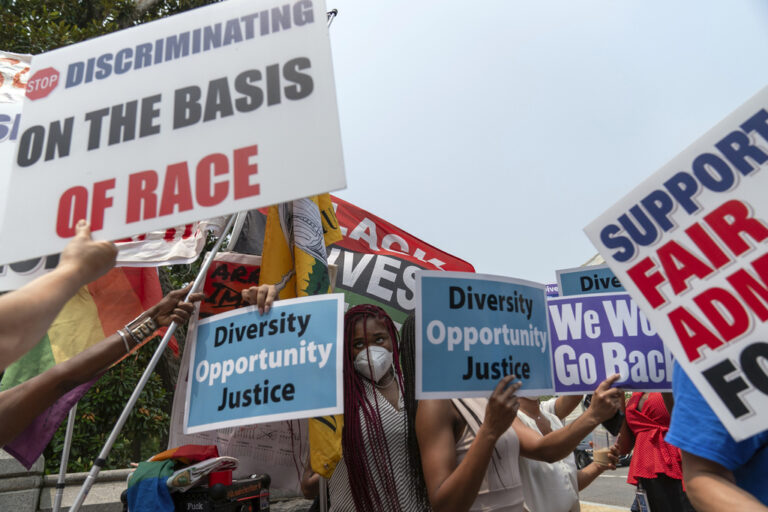
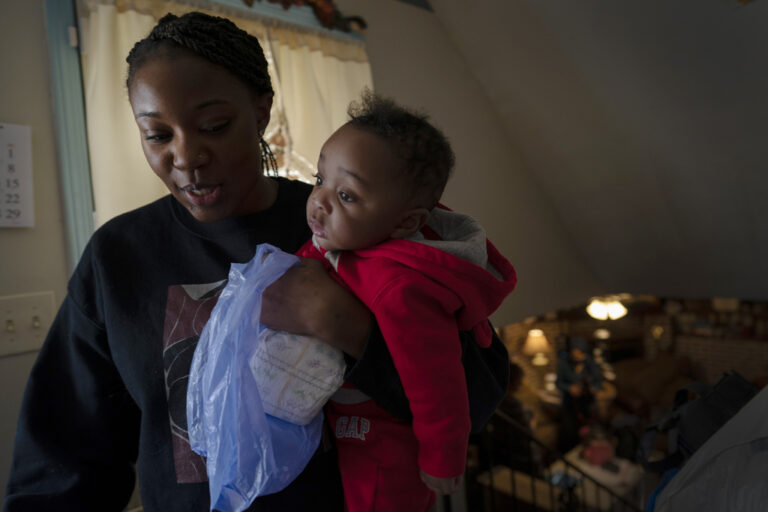


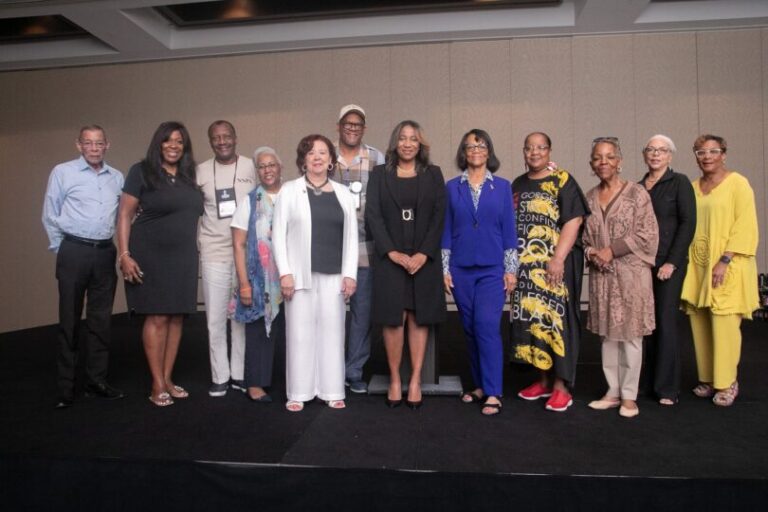
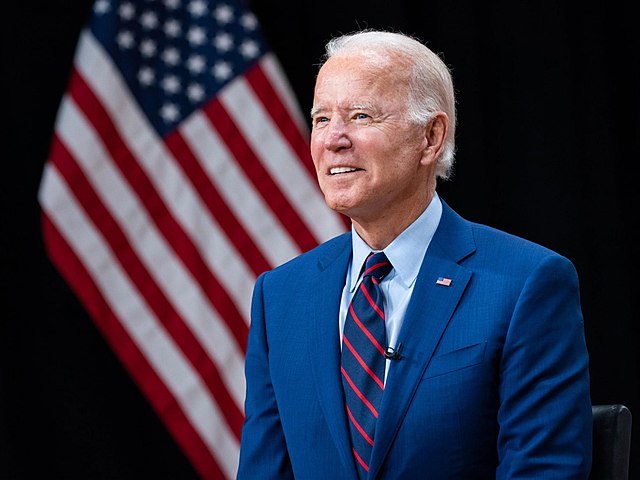



 Video Of The Week
Video Of The Week

